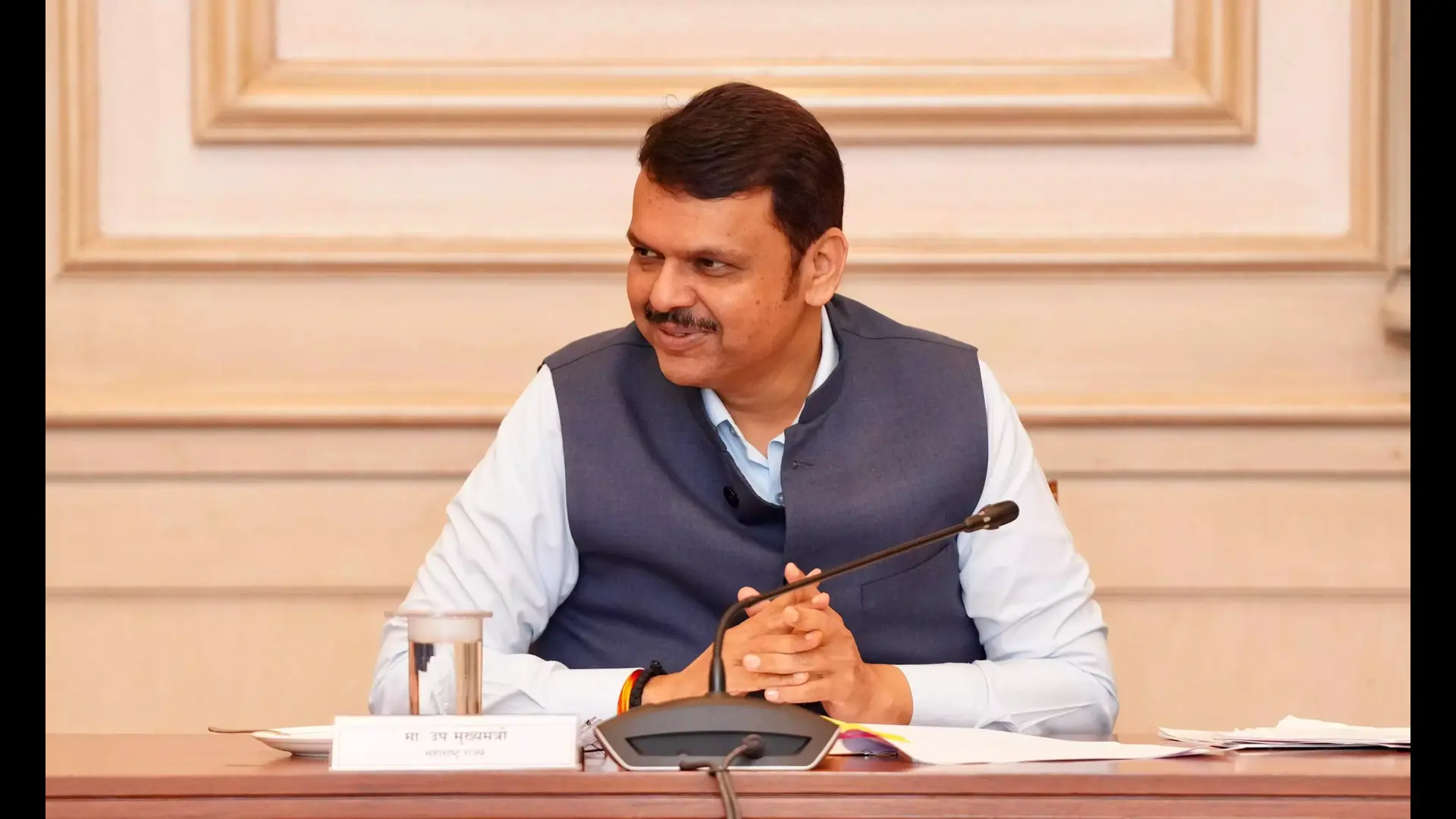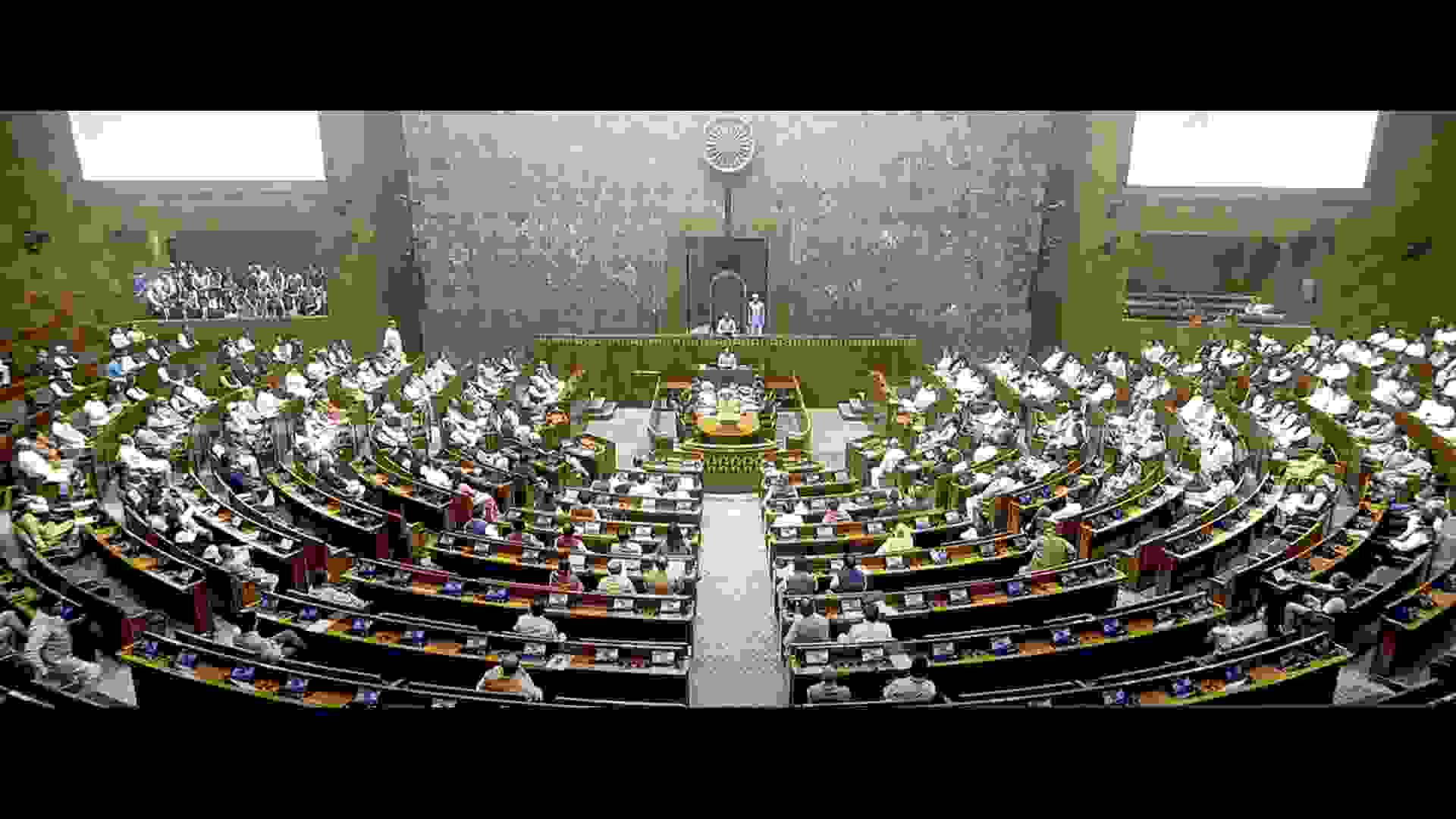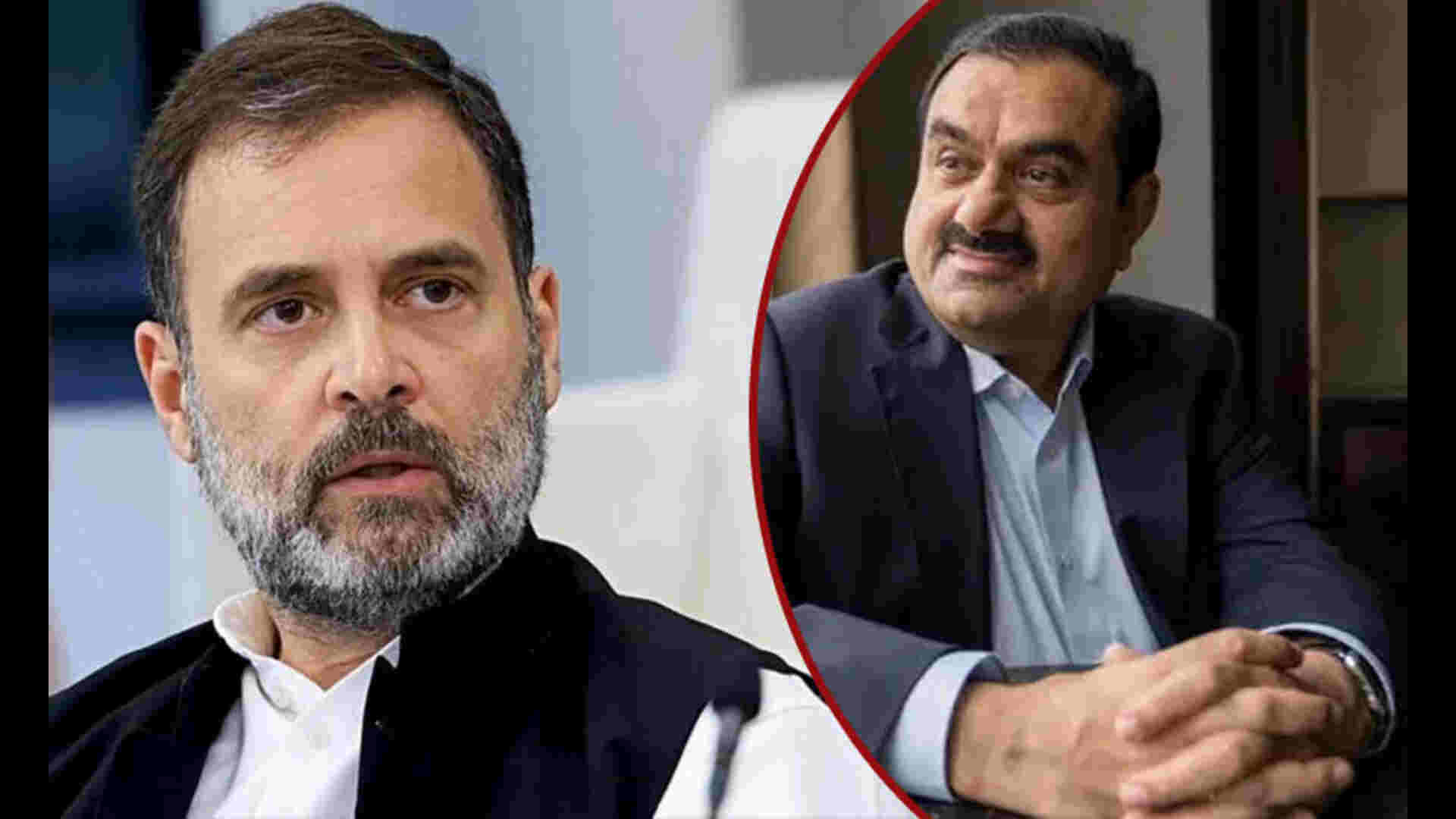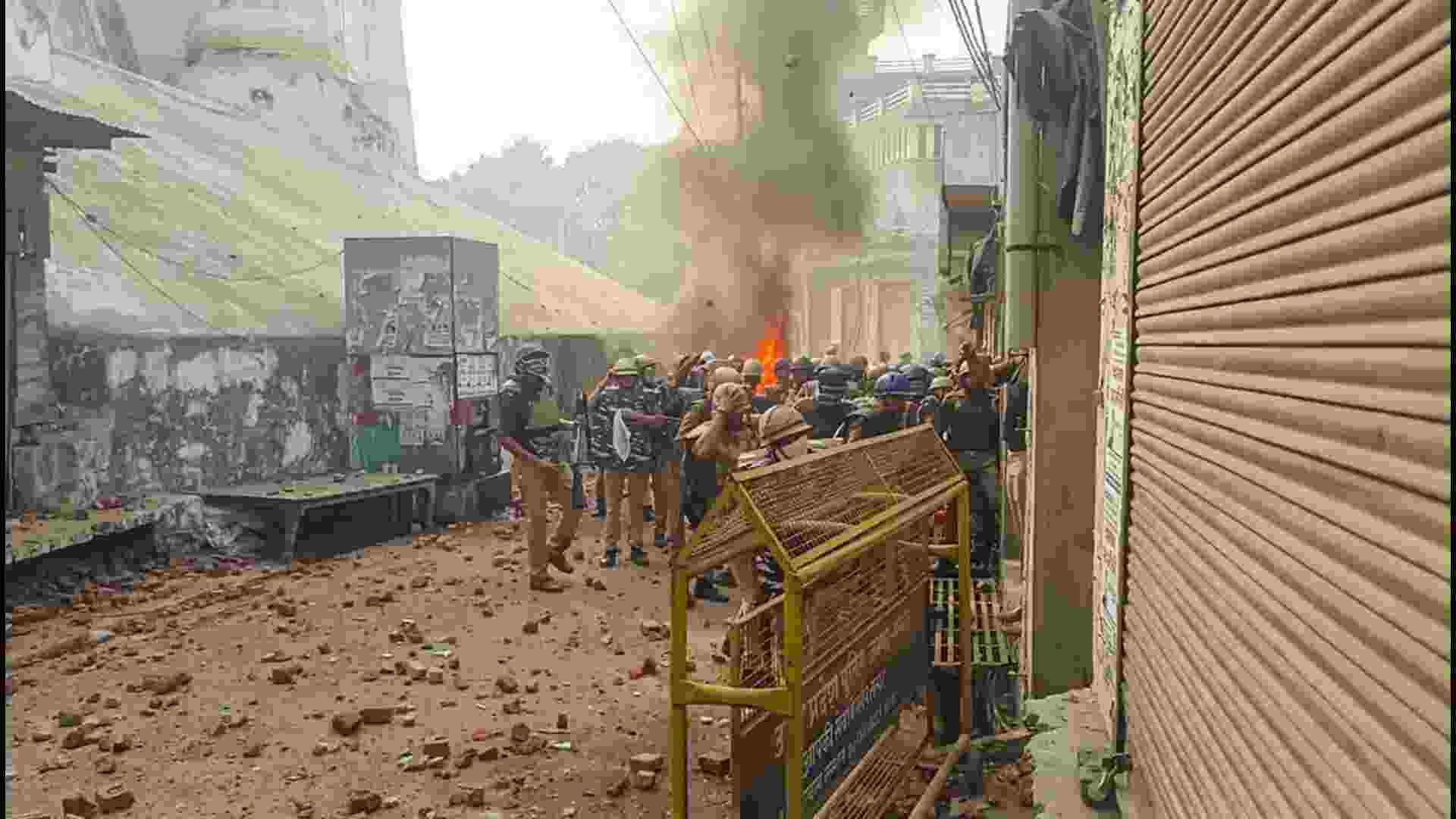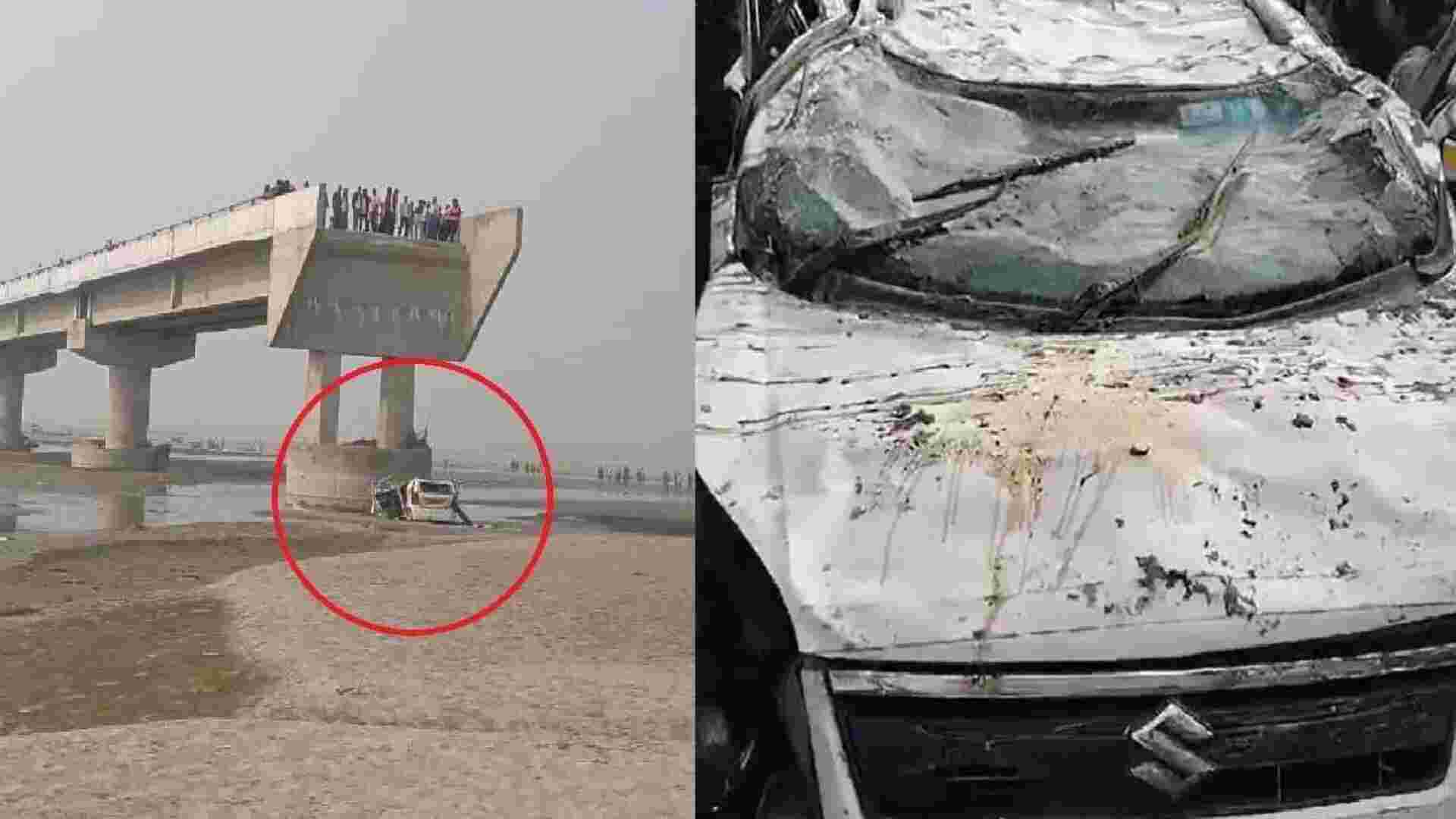
The Supreme Court in the case Dr. Balram Singh vs Union of India observed and has issued the categorical direction to the Union Government and all State Governments for ensuring the complete eradication of the practice of manual scavenging. The Supreme Court in the case observed and has expressed anguish at the continuance of this abhorrent practice in India.
The Supreme Court observed and has directed that the compensation in cases of sewer deaths must be increased to Rs.30 lakhs.
Further, the court directed that in cases of the permanent disablement arising from sewer operations the increase of compensation to Rupees 20 lakhs and for other forms of disablement, the compensation must be not less than Rs 10 lakhs.
The bench comprising of Justice S Ravindra Bhat and Justice Aravind Kumar in the case observed and has issued a slew of fourteen directions to the Union and State Governments for the effective implementation of the Prohibition of Employment as the Manual Scavengers and their Rehabilitation Act 2013.
The bench in the case also directed the active measures for the rehabilitation of the victims and their families in order to ensure their scholarships and other skill programs.
In the present case, the court was hearing the Public Interest Litigation moved against the employment of manual scavengers.
The bench of Justice Bhat in the case stated that if you have to be truly equal in all respects, the commitment that Constitution makers gave to all sections of society by entrenching emancipatory provisions such as Article 15(2), Article 17 and Article 23 and Article 24 of the Constitution, each of us must live up to its promise. Therefore, the Union and the States are the duty bound to ensure that the practice of manual scavenging is completely eradicated and each of them owe to this large segment of the population, who have remained the unseen, unheard, and muted, in bondage systematically trapped in human conditions.
However, the conferment of entitlements and placement of obligations upon the Union and States through the express prohibitions in the Constitution and the provisions of the 2013 Act mean that they are being obliged to implement the provisions in the letter and spirit.
The bench of Justice Bhat in its judgement stated that upon all of us citizens lie the duty of realising true fraternity. It is not without reason that our Constitution of India has placed great emphasis on the value of dignity and fraternity.
The court in the case remarked that all of us today who proudly bask in the achievements of our republic have to awake and to arise so that the darkness which has been the fate of generations of our people is dispelled and they enjoy these freedoms and justice- social, economic and political- that we take for granted.
Accordingly, the court listed the matter for further consideration on February 01, 2024.
